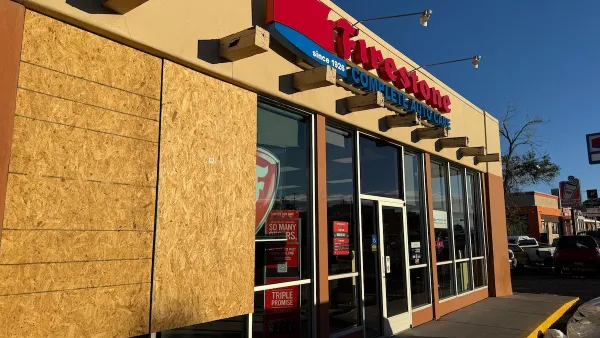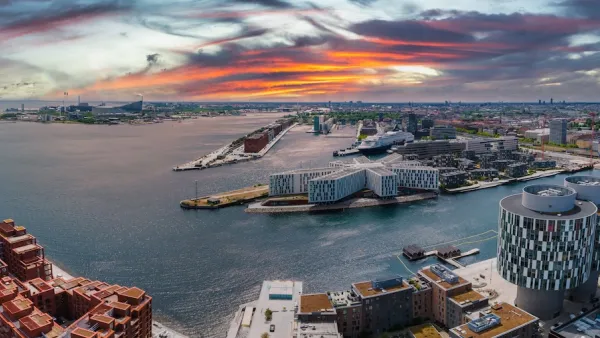A unique blend of religious beliefs, state policies and capitalist interests are reshaping Mecca for the worse, critics argue, at the expense of its most prized cultural assets.
In Mecca, the spiritual capital of the Islamic world, a decade of unbridled demolition of historic sites, including the house of the prophet's wife, Khadijah, has been matched only by the construction of new buildings of gargantuan proportions. Abraj al-Bait, the second tallest building in the world, now stands in the place of a late 18th century citadel. This $15 billion project, "which rises like Big Ben on steroids," is just the first of many projects fueled by petrodollars now under way in Mecca, reports Oliver Wainwright, and emblematic of the destructive building craze that Mecca has seen in the last 10 years.
Saudi Arabian officials have no qualms about the continued demolition of historic sites, as they push forward with the building spree, asserts Wainwright. "No one has the right to interfere in what comes under the state's authority," said a Saudi Islamic affairs minister in 2002 when rebuffing international outcry over the destruction of the 18th century citadel, adding "[t]his development is in the interest of all Muslims all over the world."
Saudi Arabia's extreme version of eminent domain and irreverence for historic preservation efforts is rooted in "state-endorsed wahhabism, the hardline interpretation of Islam that perceives historical sites as encouraging sinful idolatry. So anything that relates to the prophet could be in the bulldozer's sights," adds Wainwright.
FULL STORY: Mecca's mega architecture casts shadow over hajj

National Parks Layoffs Will Cause Communities to Lose Billions
Thousands of essential park workers were laid off this week, just before the busy spring break season.

Retro-silient?: America’s First “Eco-burb,” The Woodlands Turns 50
A master-planned community north of Houston offers lessons on green infrastructure and resilient design, but falls short of its founder’s lofty affordability and walkability goals.

Delivering for America Plan Will Downgrade Mail Service in at Least 49.5 Percent of Zip Codes
Republican and Democrat lawmakers criticize the plan for its disproportionate negative impact on rural communities.

Test News Post 1
This is a summary

Test News Headline 46
Test for the image on the front page.

Balancing Bombs and Butterflies: How the National Guard Protects a Rare Species
The National Guard at Fort Indiantown Gap uses GIS technology and land management strategies to balance military training with conservation efforts, ensuring the survival of the rare eastern regal fritillary butterfly.
Urban Design for Planners 1: Software Tools
This six-course series explores essential urban design concepts using open source software and equips planners with the tools they need to participate fully in the urban design process.
Planning for Universal Design
Learn the tools for implementing Universal Design in planning regulations.
EMC Planning Group, Inc.
Planetizen
Planetizen
Mpact (formerly Rail~Volution)
Great Falls Development Authority, Inc.
HUDs Office of Policy Development and Research
NYU Wagner Graduate School of Public Service




























